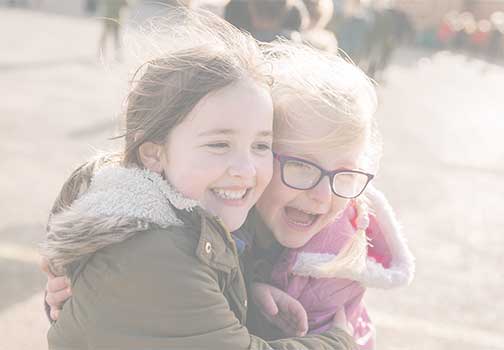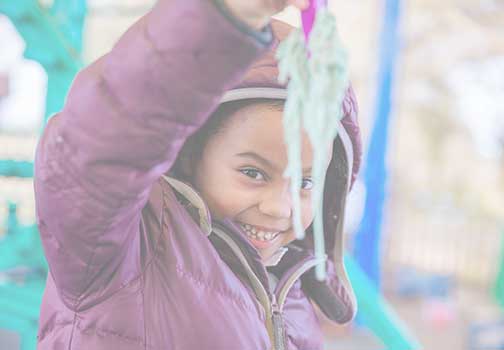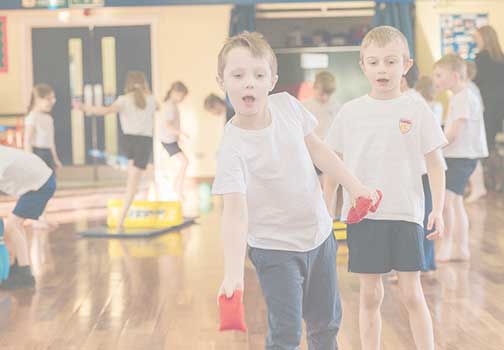RE
Intent
Through our Religious Education provision we intend to provide children with a well-rounded view of the different world religions. We aim to guide them in their
understanding of the key elements within each religion, how these are celebrated and to promote tolerance and understanding towards all religious beliefs. In doing so, we promote self-reflection and aim for all children to understand how their own beliefs and ideas are both similar and different to others around them.
Religious education is taught throughout the school in such as way as to reflect the overall aims, values and philosophy of the school. It plays an important role, along with other curriculum areas such as PSHE and our project focuses, in promoting social awareness and understanding in the children. We encourage our pupils to ask questions about the world and to reflect on their own beliefs, values and experiences. We promote British values, ensuring that children are aware of their rights and responsibilities as UK citizens.
High quality RE makes a unique and distinctive contribution to developing the knowledge and understanding of how values and beliefs inspire people to action, individually and collectively, helping pupils to make sense of the world. Not only does RE provide opportunities for individual spiritual, moral, social and cultural development by exploring fundamental questions about human life, but it also prepares pupils to become active members of their community through participating in civilised debate and reasoned argument on often controversial issues.
Our curriculum is designed to encourage creativity, imagination, enquiry, debate, discussion and independence.
Implementation
At Capel Primary School we use the Kent Agreed Syllabus. The principal aim of RE in the Kent Syllabus is: To engage pupils in systematic enquiry into significant human questions which religion and worldviews address, so that they can develop the understanding and skills needed to appreciate and appraise varied responses to these questions, as well as develop responses of their own. This agreed syllabus sets out programmes that provide a coherent understanding of religions and worldviews, preparing children and young people for life in twenty-first century Britain.
At Capel we use the ‘Kent Agreed Syllabus’ to guide our learning journey in RE. We pose our topics through questions such as ‘which stories are special and why?’ in the EYFS up to ‘is it better to express your beliefs in arts and architecture or in charity and generosity?’ in year 6.
As part of our religious education the children develop 3 core areas:
- Knowing about and understanding religions and worldviews
- Expressing and communicating ideas related to religions and worldviews
- Gaining and deploying the skills for studying religions and worldviews
Having taken into account the requirements and guidelines presented in the Agreed Syllabus, the following religions have been selected for study:
- Christianity
- Islam
- Judaism
- Hinduism
- Buddhism
- Sikhism
Please see our school RE progression map below for further information as to coverage for each year group.
There are no presumptions made as to the religious backgrounds and beliefs and values of the children, staff and families. We value the religious background of all members of the school community and hope that this will encourage individuals to share their own experiences with others freely. All religions and communities are treated with respect and sensitivity. We acknowledge that each religion studied can contribute to the education of all of our pupils. We promote teaching in Religious Education that stresses open enquiry and first=hand experiences wherever possible for both staff and children.
Impact
The children at Capel Primary School enjoy learning about other religions and why people chose not to follow a religion.
Through their RE learning, the children are able to make links between their own lives and those of others in their community and in the wider world, developing an understanding of other people’s cultures and ways of life.














